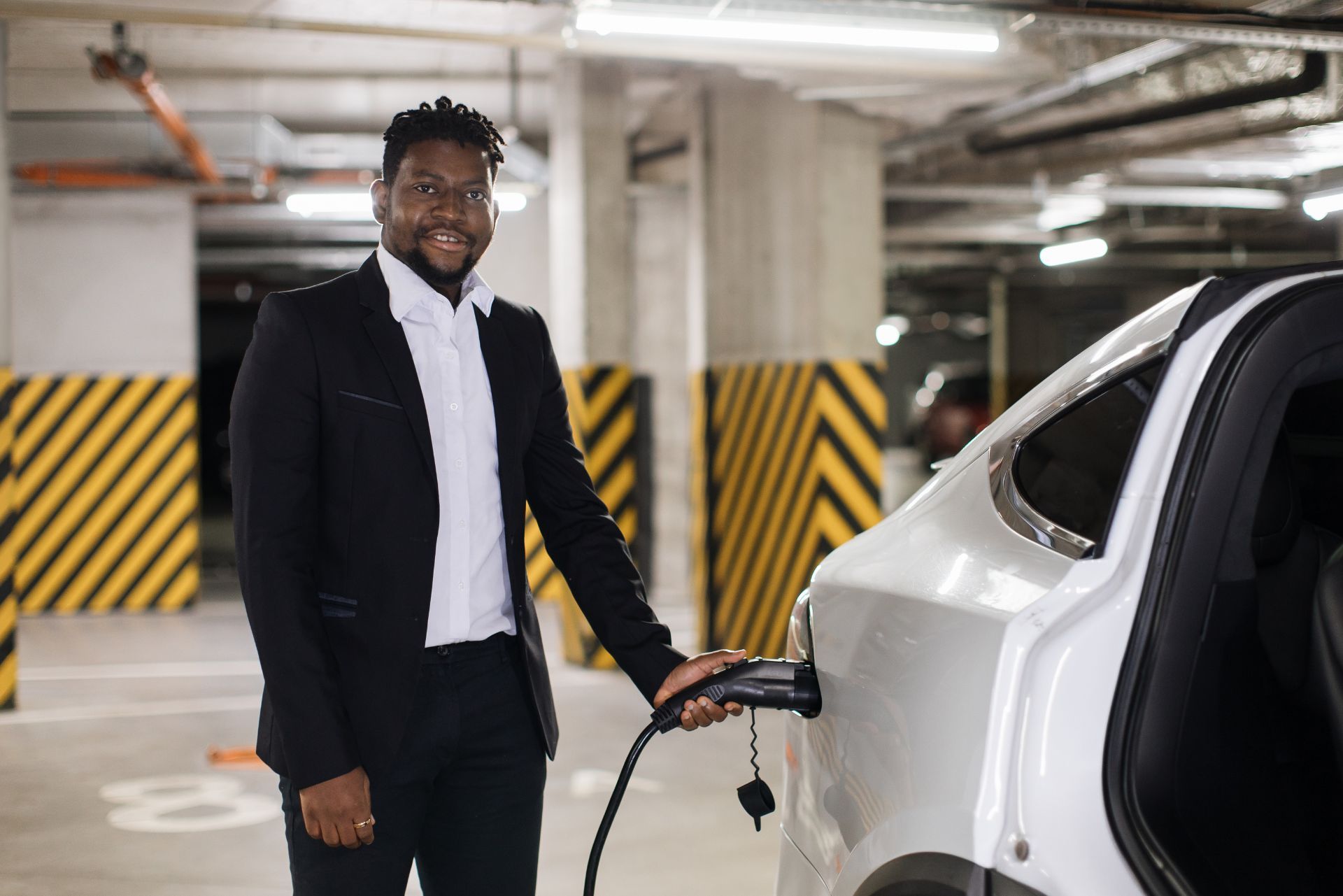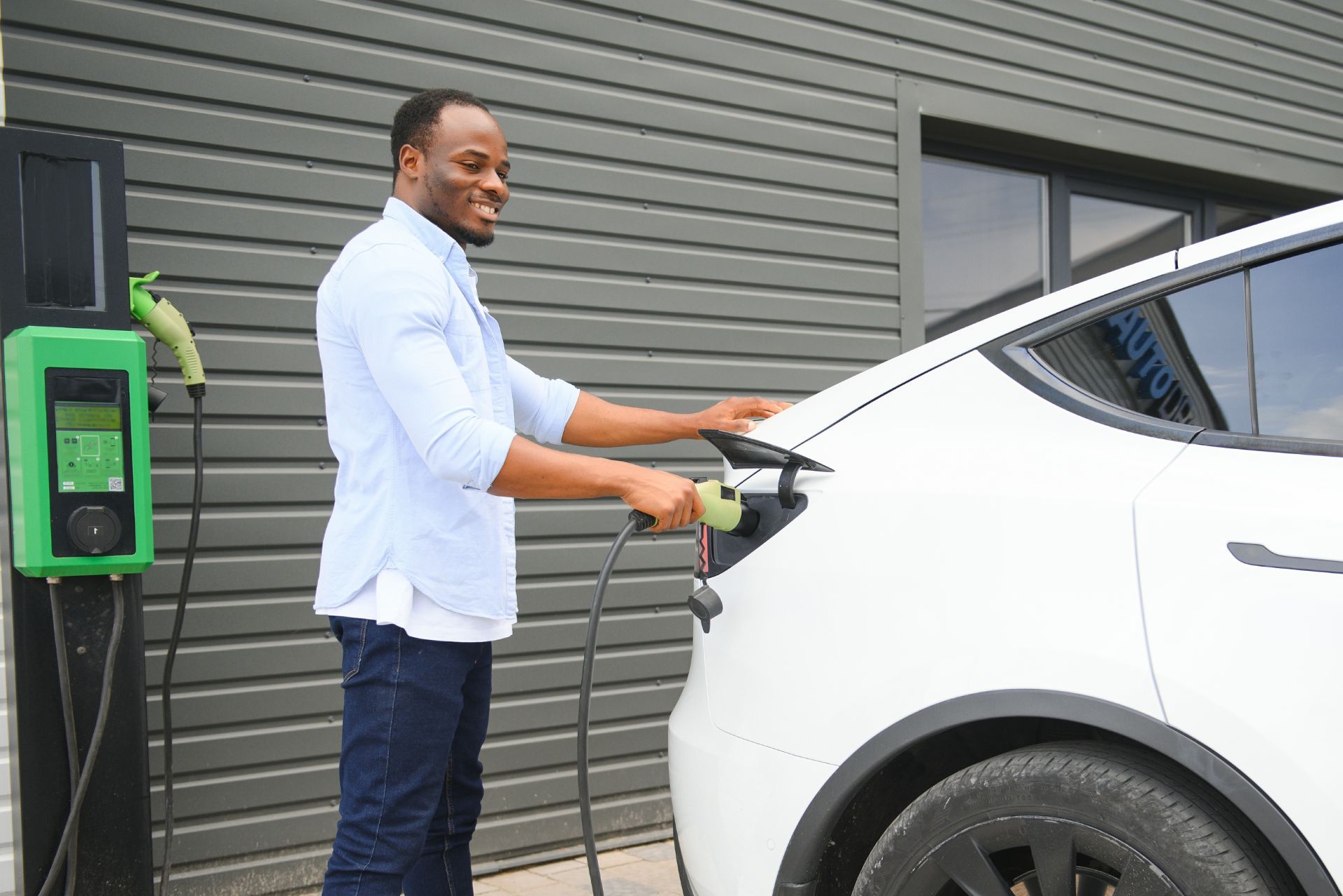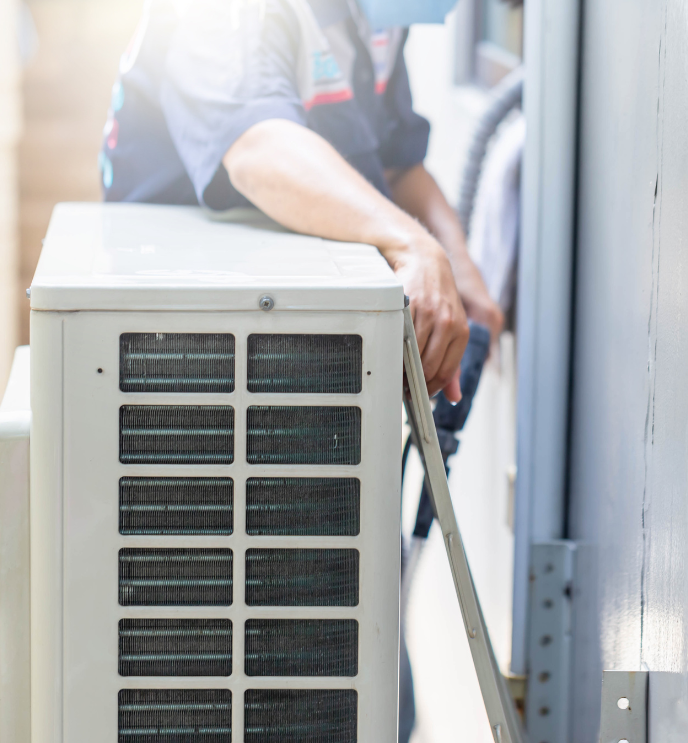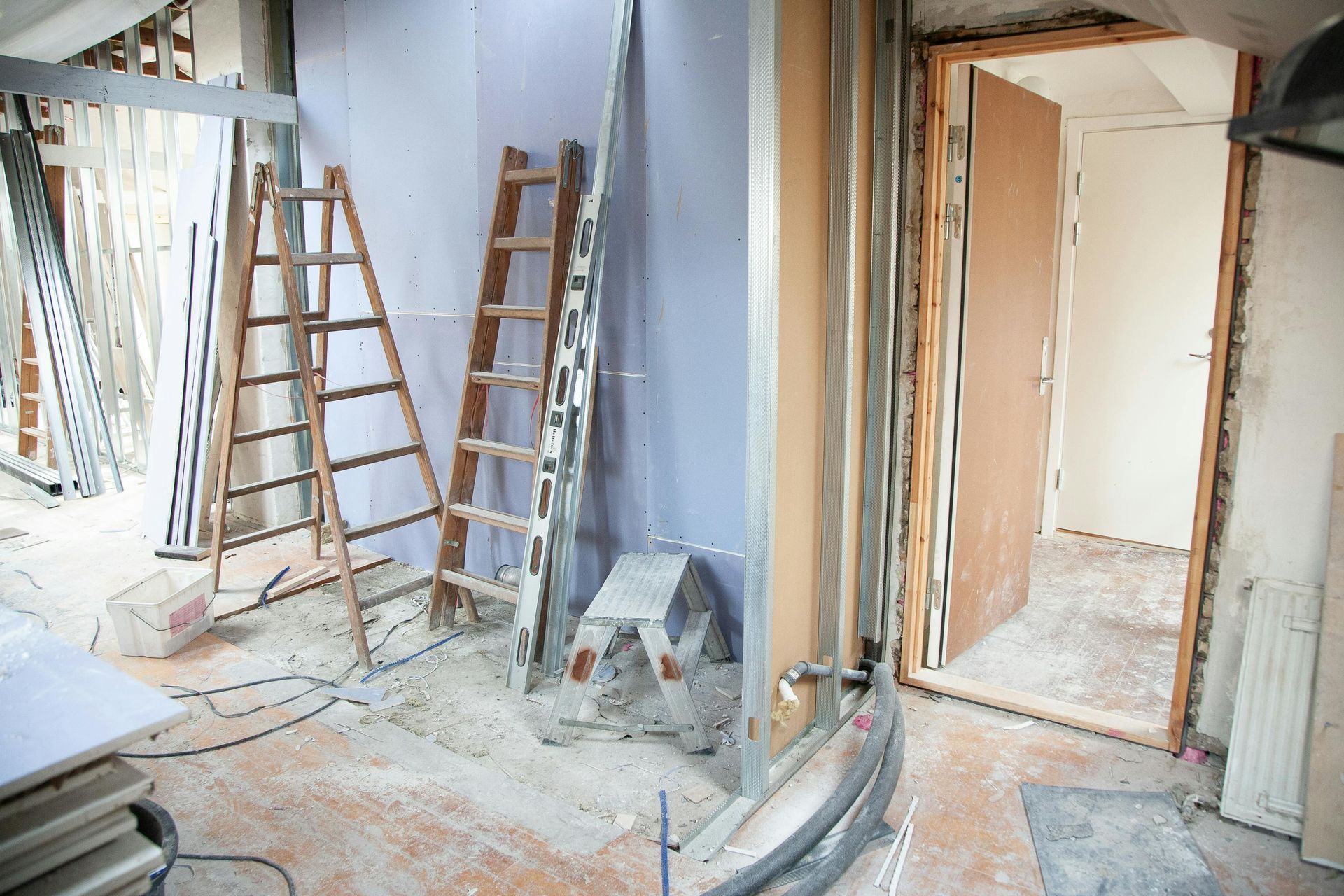Types of Contractors We Serve
Jonathan Behr
Owner of Contractor Insurance Pros by Behr Insurance Services
Index
Contact Us
Phone
Location
Simi Valley, CA 93065
The Woodlands, TX 77382
Katy, TX 77494
The electric vehicle (EV) market is rapidly expanding, leading to an increased demand for EV charger installations. As more homeowners and businesses look to install charging stations, the need for qualified installers has never been greater. However, with this growing opportunity comes the necessity for proper protection through insurance. This article will explore everything you need to know about EV charger installer insurance, including its importance, types of coverage, and how to choose the right policy.
Understanding the Importance of Insurance for EV Charger Installers
Insurance is a crucial aspect of any contracting business, and EV charger installation is no exception. The nature of the work involves various risks, from property damage to potential injuries. Without adequate insurance coverage, installers could face significant financial losses that could jeopardize their business.
Risk Management
Every installation project carries inherent risks. These can range from accidental damage to a client's property during installation to injuries sustained by workers or clients. Insurance acts as a safety net, providing financial protection against these unforeseen events. By managing risks effectively, installers can focus on their work without the constant worry of potential liabilities. Furthermore, having a robust risk management strategy can help installers identify potential hazards before they become issues, allowing them to implement preventative measures and maintain a safe working environment.
Building Trust with Clients
Having insurance not only protects the installer but also builds trust with clients. When potential customers see that an installer is adequately insured, they are more likely to feel confident in their services. This trust can lead to increased business opportunities and a solid reputation in the industry. Additionally, many clients may specifically request proof of insurance before hiring a contractor, making it a critical component of the bidding process. By presenting their insurance documentation upfront, installers can differentiate themselves from competitors who may not prioritize this aspect, thereby enhancing their credibility and appeal in a competitive market.
Types of Insurance Coverage
For EV charger installers, understanding the various types of insurance coverage available is essential. General liability insurance is often the first line of defense, protecting against claims of bodily injury or property damage. Additionally, professional liability insurance can cover errors or omissions in the installation process, safeguarding against claims of negligence. Workers' compensation insurance is also vital, as it provides coverage for employees who may be injured on the job, ensuring that they receive necessary medical care without placing financial strain on the business. By investing in a comprehensive insurance portfolio, installers can protect themselves from a wide range of potential risks and liabilities.
The Role of Compliance and Regulations
In addition to protecting their business, insurance also plays a significant role in compliance with local and national regulations. Many jurisdictions require contractors to carry specific types of insurance to operate legally, particularly in the electrical and construction industries. By adhering to these regulations, EV charger installers not only avoid legal penalties but also demonstrate their commitment to professionalism and safety. This compliance can further enhance their reputation, making them a preferred choice for clients who prioritize working with reputable and responsible contractors.

Types of Insurance Coverage for EV Charger Installers
There are several types of insurance coverage that EV charger installers should consider. Each type serves a specific purpose and can provide essential protection in different scenarios.
General Liability Insurance
General liability insurance is one of the most fundamental types of coverage for any contractor. It protects against claims of bodily injury, property damage, and personal injury that may arise during the installation process. For instance, if a client trips over tools left on-site and sustains an injury, general liability insurance would cover the medical expenses and any legal fees that may arise from the incident. Additionally, this coverage can also extend to incidents that occur off-site, such as damage caused by the contractor's equipment or vehicles while traveling to a job site. This broad scope of protection is invaluable in maintaining a professional reputation and ensuring peace of mind while conducting business.
Professional Liability Insurance
Also known as errors and omissions insurance, professional liability insurance is crucial for installers who provide advice or design services. This coverage protects against claims of negligence or failure to deliver services as promised. For example, if an installation does not meet local codes or safety standards and results in damages, this insurance can cover legal costs and settlements. Furthermore, in the rapidly evolving landscape of electric vehicle technology, staying updated on the latest regulations and standards is essential. Professional liability insurance can also cover claims arising from outdated practices or miscommunications with clients regarding the capabilities of the installed equipment, thus safeguarding the installer’s financial interests.
Workers' Compensation Insurance
For installers with employees,
workers' compensation insurance is not just a good idea; it is often a legal requirement. This insurance provides coverage for medical expenses and lost wages for employees who are injured on the job. It protects both the worker and the employer from the financial burden of workplace injuries, ensuring that employees receive the care they need without placing undue stress on the business. Moreover, having workers' compensation insurance can enhance employee morale and trust, as it demonstrates a commitment to their safety and well-being. It can also help businesses avoid costly lawsuits from injured workers, creating a more stable and secure working environment that can ultimately lead to improved productivity and job satisfaction.
Factors to Consider When Choosing Insurance
When selecting insurance for EV charger installation, several factors should be taken into account to ensure that the chosen policy meets the specific needs of the business.
Assessing Coverage Needs
Every business is unique, and so are its insurance needs. Installers should assess the specific risks associated with their work and determine the types of coverage required. This assessment may involve evaluating the size of the business, the number of employees, and the scope of services offered. Understanding these factors can help tailor an insurance policy that provides adequate protection. Additionally, considering the geographical area of operation is crucial, as different regions may have varying regulations and environmental risks that could impact the installation process. For instance, areas prone to severe weather may require additional coverage for equipment damage or liability related to adverse conditions.
Comparing Insurance Providers
Not all insurance providers offer the same level of coverage or customer service. It is essential to compare different providers to find one that aligns with the needs of the business. Look for companies that specialize in contractor insurance and have experience in the EV charging sector. Reading reviews and seeking recommendations can also provide insights into the reliability and reputation of potential insurers. Furthermore, it can be beneficial to inquire about the claims process of each provider. A company that is known for its efficient claims handling can save significant time and stress when a claim needs to be filed, ensuring that the business can quickly resume normal operations after an incident.
Understanding Policy Limits and Deductibles
Every insurance policy comes with limits and deductibles that dictate how much coverage is provided and how much the policyholder must pay out-of-pocket in the event of a claim. Installers should carefully review these terms to ensure they are comfortable with the financial implications. Higher coverage limits may result in higher premiums, but they can also provide better protection against significant losses. Additionally, it is important to consider any exclusions or specific conditions that may apply to the policy. For example, some policies might not cover damages resulting from certain types of equipment failure or may have restrictions based on the installation's location. Understanding these nuances can prevent unexpected gaps in coverage that could leave a business vulnerable during critical times.
Common Misconceptions About EV Charger Installer Insurance
Despite the clear benefits of insurance, there are several misconceptions that can lead to confusion among EV charger installers. Understanding these myths can help clarify the importance of having proper coverage.
“I Don’t Need Insurance if I’m Small”
Many small business owners believe that their size exempts them from needing insurance. However, even small businesses face risks that can lead to significant financial losses. A single incident could be enough to cripple a small operation. Therefore, having insurance is essential regardless of the size of the business. For instance, if an installation inadvertently causes property damage or if an employee suffers an injury on the job, the financial repercussions can be devastating. Insurance not only provides a safety net but also enhances credibility with clients, showing that the business is professional and responsible.
“Insurance is Too Expensive”
While insurance costs can vary, many installers find that the protection it offers far outweighs the expense. Additionally, there are often options for customizing policies to fit budget constraints. Many insurance providers offer flexible payment plans and discounts for bundling multiple types of coverage, making it more affordable than it may seem at first glance. Furthermore, the potential costs of not having insurance can be astronomical; legal fees, settlements, and repair costs can quickly accumulate, making the initial investment in insurance a wise financial decision. Many installers also report that the peace of mind that comes with being insured allows them to focus on their work rather than worrying about potential liabilities.
“I’m Covered by My Client’s Insurance”
Some installers mistakenly believe that they are covered under their client’s insurance policy. While clients may have their own insurance, it typically does not extend to contractors. It is crucial for installers to have their own coverage to ensure they are fully protected against any liabilities that may arise during the installation process. Moreover, clients often require proof of insurance before hiring a contractor, making it a vital component of securing work. By having their own insurance, installers can also negotiate better terms and conditions in contracts, providing a layer of protection that can enhance their business relationships and reputation in the industry.
The Claims Process: What to Expect
In the unfortunate event that a claim needs to be filed, understanding the claims process can help streamline the experience and reduce stress. Knowing what to expect can make a significant difference.
Reporting the Incident
The first step in the claims process is to report the incident to the insurance provider as soon as possible. This may involve providing details about the event, including the date, location, and any parties involved. The more information that can be provided, the smoother the claims process will be. It's also advisable to keep a record of your communication with the insurance company, including dates, times, and the names of representatives you speak with. This can be invaluable if any disputes arise later on.
Documentation and Evidence
Gathering documentation is crucial for supporting a claim. This may include photographs of the incident, witness statements, and any relevant contracts or agreements. Having thorough documentation can help expedite the claims process and increase the likelihood of a successful outcome. Additionally, it can be beneficial to maintain a detailed timeline of events related to the incident, as this can provide context and clarity to the adjuster reviewing your case. The more organized and comprehensive your documentation, the stronger your claim will be.
Working with Adjusters
After a claim is filed, an insurance adjuster will typically be assigned to investigate the situation. They will review the evidence provided and may ask for additional information. It is essential to cooperate with the adjuster and provide any requested documentation to facilitate a fair assessment of the claim. Remember that adjusters are trained professionals whose goal is to ensure that claims are handled fairly and efficiently. Building a rapport with your adjuster can sometimes lead to a smoother process, as they may be more inclined to assist you if they feel you are being cooperative and transparent.
Understanding the Timeline
While the duration of the claims process can vary widely depending on the complexity of the claim and the responsiveness of all parties involved, it is important to have a general understanding of the timeline you can expect. Simple claims may be resolved within a few weeks, while more complicated cases could take several months. Regularly checking in with your adjuster can keep you informed about the progress and any potential delays. Additionally, being proactive in following up can demonstrate your commitment to resolving the matter efficiently.
Potential Challenges
Throughout the claims process, you may encounter challenges that could complicate your experience. These may include disputes over the extent of damages, disagreements about liability, or delays in receiving necessary documentation. Being prepared for these potential hurdles can help you navigate them more effectively. Familiarizing yourself with your policy details and understanding your rights can empower you to advocate for yourself during the process, ensuring that you receive the coverage you are entitled to.

Cost of EV Charger Installer Insurance
The cost of insurance can vary widely based on several factors, including the type of coverage, the size of the business, and the level of risk involved. Understanding these factors can help installers budget for their insurance needs.
Factors Influencing Insurance Costs
Several elements can affect the cost of insurance for EV charger installers. These include the number of employees, the company's claims history, and the geographical location of the business. Installers operating in areas with higher risks or more stringent regulations may face higher premiums. Additionally, businesses with a history of claims may also see increased costs.
Average Premiums
While it is challenging to provide a one-size-fits-all figure, general liability insurance premiums for contractors can range from a few hundred to several thousand dollars annually, depending on the factors mentioned above. It is advisable to obtain quotes from multiple providers to get a clearer understanding of the average costs specific to the EV charger installation industry.
Ways to Save on Insurance
There are several strategies that EV charger installers can employ to save on insurance costs. Bundling multiple policies with the same provider often results in discounts. Additionally, maintaining a clean claims history and implementing safety protocols can lead to lower premiums over time. Regularly reviewing and updating coverage can also ensure that the business is not overpaying for unnecessary coverage.
Final Thoughts
As the demand for electric vehicle chargers continues to grow, so does the need for qualified installers. However, with this opportunity comes the responsibility of protecting oneself and the business through adequate insurance coverage. Understanding the types of insurance available, the factors influencing costs, and the claims process is essential for any EV charger installer.
Investing in the right insurance not only safeguards against potential risks but also enhances credibility with clients. By taking the time to assess coverage needs and compare providers, installers can ensure they are well-equipped to handle the challenges of the industry while focusing on delivering quality service.
In conclusion, EV charger installer insurance is not just an expense; it is an investment in the future of the business. As the industry evolves, staying informed about insurance needs will be crucial for success and longevity in the market.
Areas we serve









